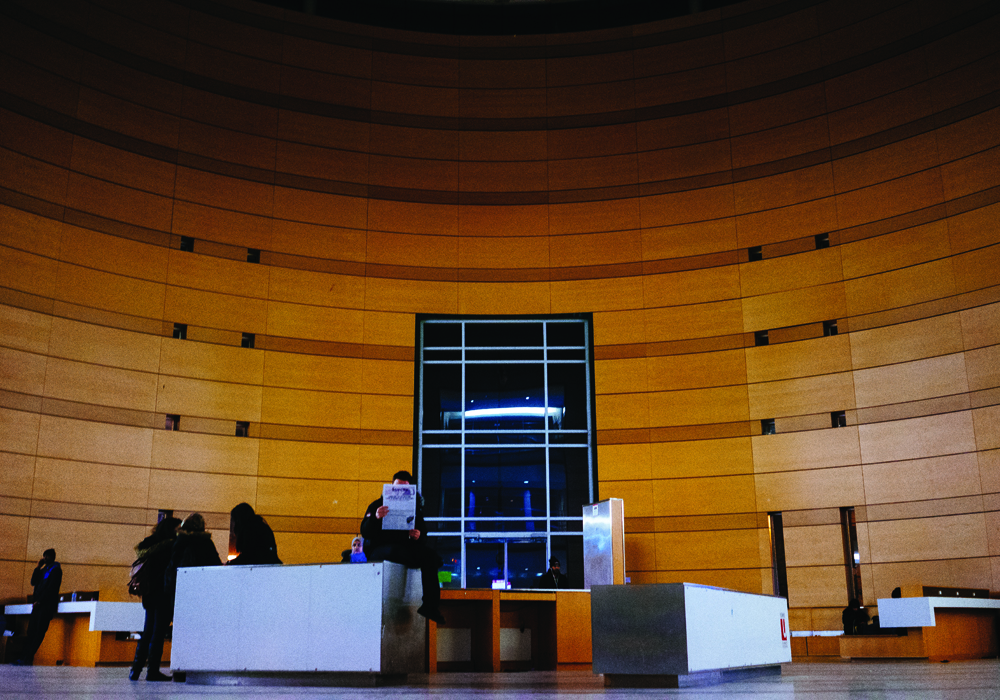Ryan Moore, News Editor
Featured image courtesy of Michael Zusev, Photo Editor
Students everywhere are claiming they feel unsafe.
From protests in Vari Hall, to controversial murals in the Student Centre, to informal complaints levied by student union executives who claim their safe space has been violated by “hecklers,” it would appear that not only is the term “safe space” being appropriated, but is used in ways to limit free inquiry, freedom of expression, and assembly.
While the York Federation of Students executives may file complaints for student disruptions, claiming they feel unsafe, so does the York administration and their governing space designators.
The term “safe space” is being increasingly used at York, an ongoing theme that is now running throughout university campuses.
Temporary Use of University Space, York’s space designators, alleged kiosk workers felt unsafe during protests in Vari Hall. Accordingly, these are some reasons routinely given to limit speech and expression, particularly when it involves a protest of a controversial nature.
The staff in the rotunda kiosk in Vari work for Student Community and Leadership Development.
Excalibur asked kiosk staff if they felt unsafe during protests. They said they did not.
York media says university procedures on temporary use of space does not stipulate events have to be silent. However, it does state events may be assessed for risks on the basis of safety of participants and the continuity of academic programs and services.
“The rotunda is bordered by classrooms and lecture halls that are highly used and thus, use of sound amplification devices are not permitted in the space,” says York media. “The rotunda is booked primarily for tabling by student clubs with a couple of participants at each table. Students must be able to access the services provided at the kiosk.”
“The staff members who work in the kiosk are all students who wish to help other students and community members. As long as staff members are able to fulfill their responsibilities, they usually are able to adjust accordingly if people gather around the kiosk.”
“In the past, however, there have been a few incidents where staff have encountered people jumping on their counter, walking through their personal workspace, and being confrontational or disrespectful.”
Excalibur attempted to reach the Centre for Human Rights through York media to see what the term “safe space” means and how, or if, it can interfere with values such as free speech and freedom of expression.
Ghada Sasa, YU Divest spokesperson, says students should “be wary of the wide range of powers that preventative procedures like ‘risk assessments’ give administrators who use their own standards in judging the ‘appropriateness’ of events before they even happen. This poses a threat to freedom of expression on campuses.”
York media says the university strives to foster inclusive spaces that are safe for all community members and fulfil the university’s commitment to academic freedom and freedom of speech.
“An academic setting is designed to encourage students and others to express their views passionately and to test and challenge ideas, which is in keeping with York’s motto of ‘Tentanda Via (the way must be tried)’,” says Janice Walls, York media.
York does this by promoting inclusive and respectful dialogue everywhere on its campuses, as long as the words and actions of those involved are not discriminatory, harassing, contrary to the Ontario Human Rights Code, workplace harassment provisions under the Occupational Health and Safety Act, or other laws.
It appears interpretations of discrimination and harassment are part of a grey area.
Follow us on instagram, @excalphotos




